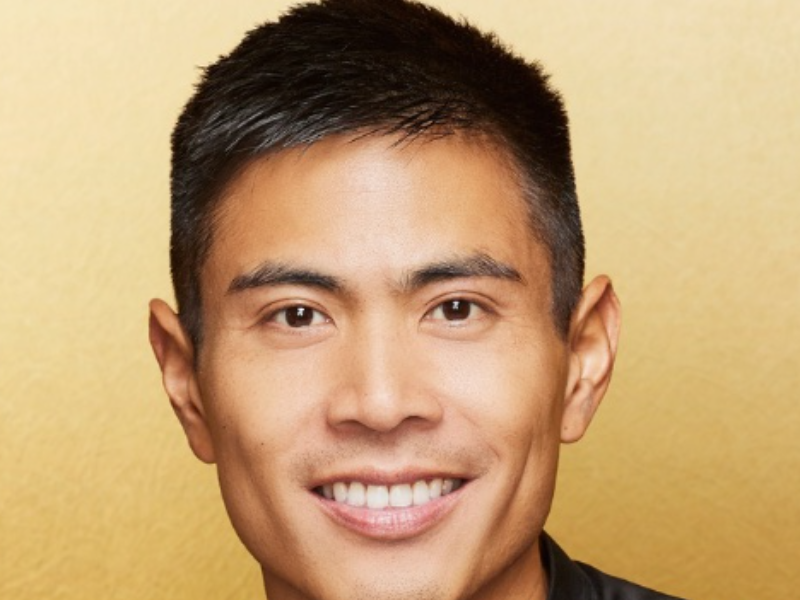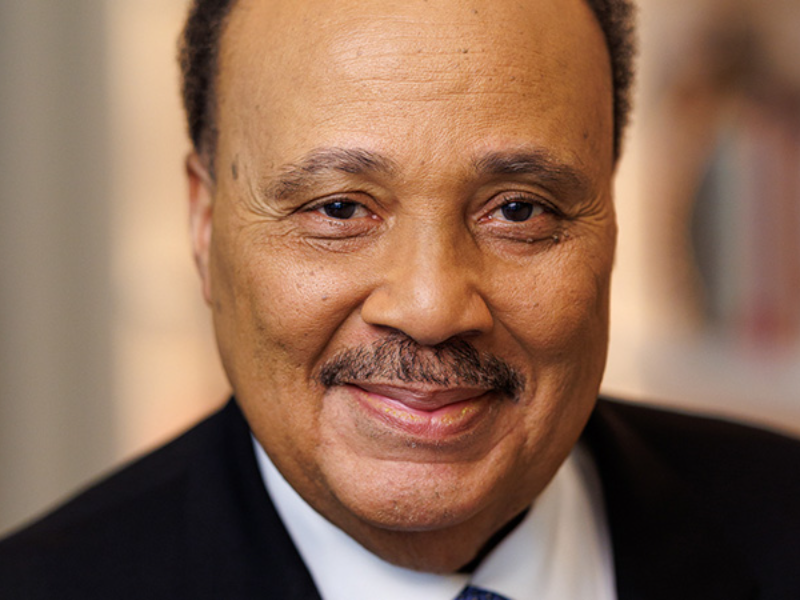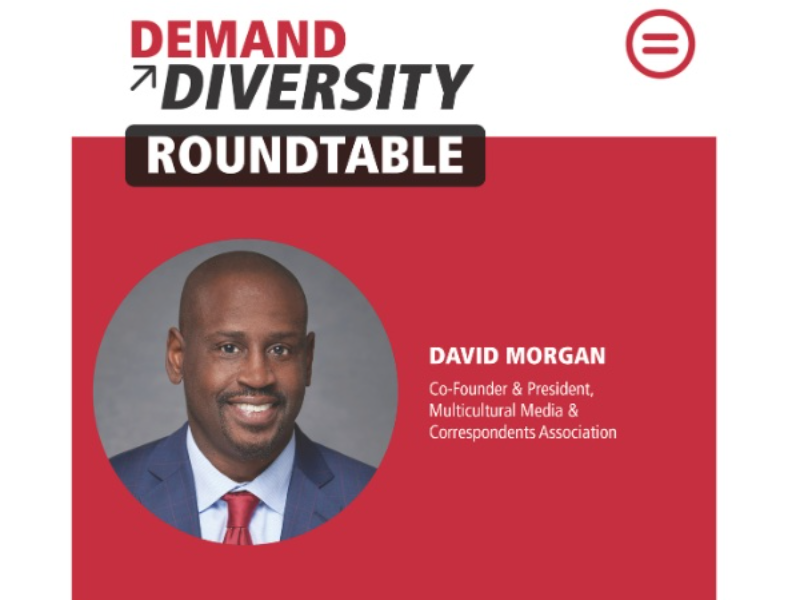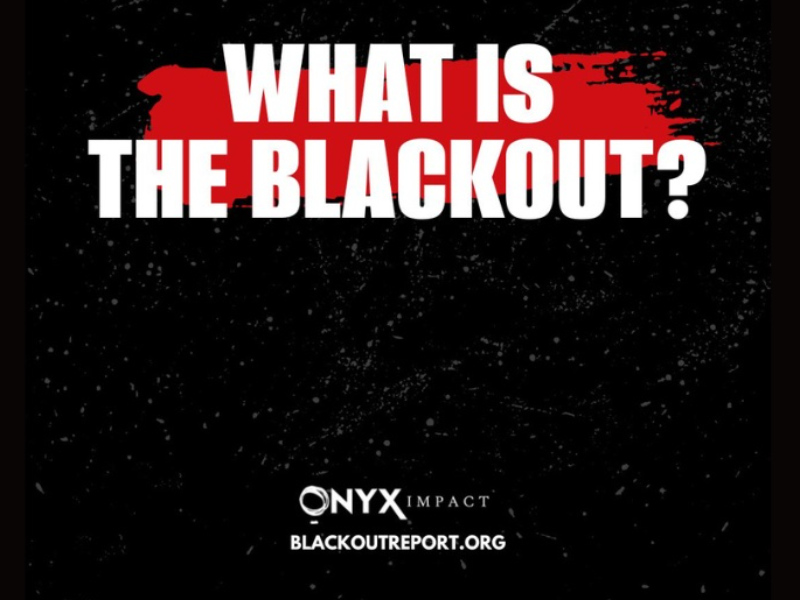Bing Chen Is Building a Media Legacy That Feels Like a Hug, Not a Handshake
Bing Chen Is Building a Media Legacy That Feels Like a Hug, Not a Handshake
In a media landscape often dominated by metrics, sparkle, and fleeting trends, Bing Chen is building something deeper: a legacy rooted in cultural capital, emotional resonance, and systemic transformation. As CEO and Co-Founder of Gold House, the leading collective of Asian Pacific creatives, entrepreneurs, and leaders, Chen has helped reshape Hollywood, launch unicorn startups, and redefine what representation means in 2025. But for him, the real measure of success isn’t just impact—it’s how people feel.
“We’re often the first call when someone falls,” Chen says. “CEOs, creatives, leaders. People say Gold House feels like a hug, not a handshake. That sense of safety and solidarity is what I’m most proud of.”
That ethos—of building belonging while driving change—runs through every part of Chen’s work. In a wide-ranging conversation, he shared his thoughts on the future of media, the power of accurate representation, and why cultural capital should be treated like real capital.
Representation Isn’t Symbolic—It’s Structural
Asked why accurate representation still matters, Chen doesn’t hesitate. “It always matters,” he says. “Representation isn’t just about visibility—it’s the foundation of how we connect, invest, and understand each other.”
He points to three major societal disparities—loneliness, economic inequality, and political division—and argues that media and culture are at the root of all three.
“Media is arguably the foundation of most societal disparity,” Chen explains. “Who gets celebrated on screen is who gets affirmed and invested in. For decades, women and communities of color have been told they’re too risky to fund—despite data showing they build some of the most profitable companies.”
He also highlights the loneliness epidemic and the decline of traditional gathering spaces like churches and civic institutions. “Without places to convene, media becomes one of the few shared cultural touchpoints. If it’s not inclusive, people feel more isolated.”
And when it comes to political polarization, Chen is blunt: “If representation didn’t matter, why would there be so much uproar over a late-night show getting suspended? Most of us consume our information from tech platforms optimized for engagement—not truth. That’s how we end up in echo chambers.”
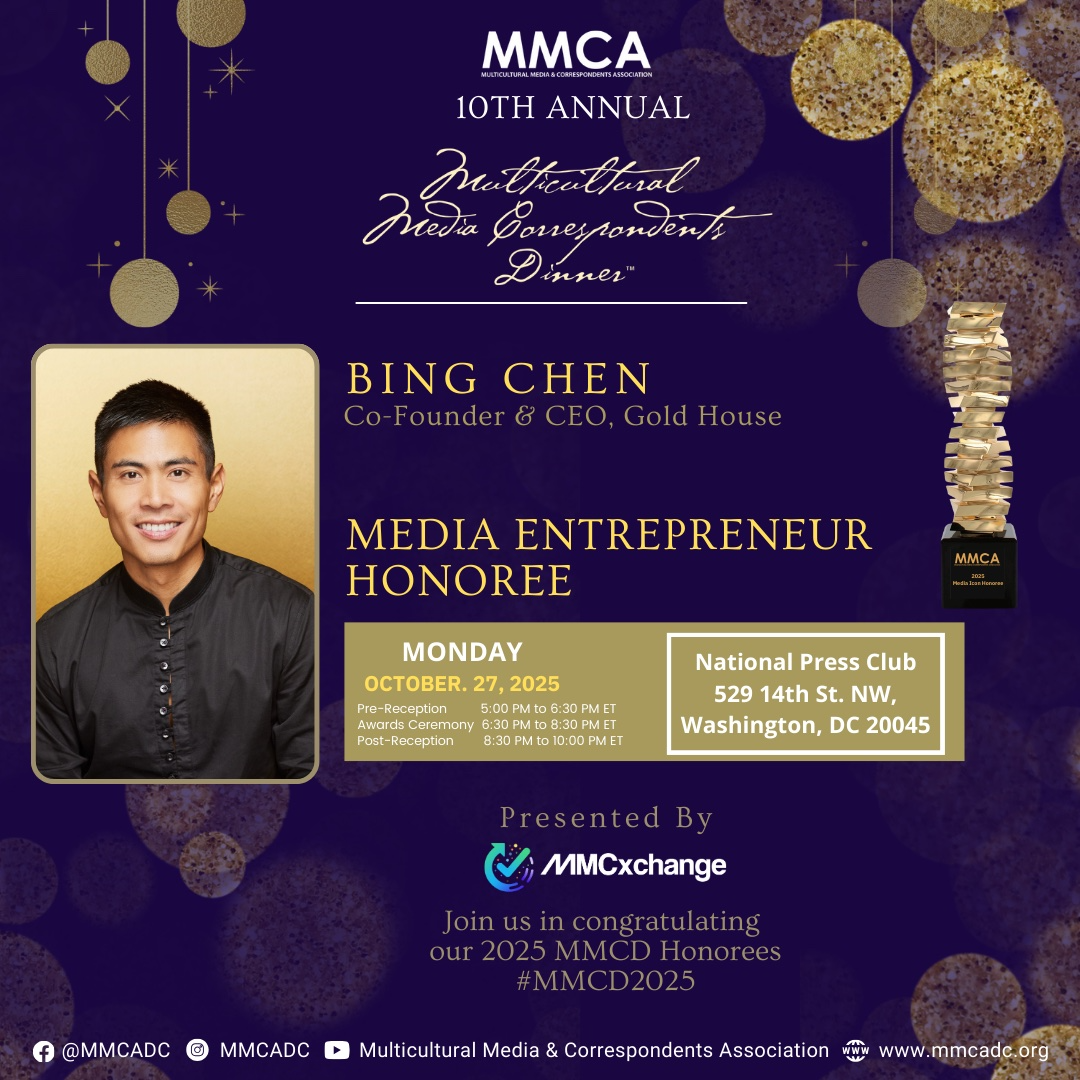
Building the Gold Standard
Gold House’s impact is undeniable. The organization has consulted on over 500 major media projects, supported Oscar-winning talent, and helped shift Hollywood’s portrayal of the Asian diaspora. “We’ve fundamentally been complicit in the sea change within Hollywood,” Chen notes, adding that the organization is now expanding into music, publishing, Broadway, and gaming.
On the venture side, Gold House has backed companies that have created tens of thousands of jobs and billions in market value. “We supported Aura Health, which just announced an $11 billion valuation. Umamicart is democratizing access to ethnic groceries. Ruck is helping construction workers access equipment to build the next great infrastructure.”
Chen is also proud of Gold House’s internal makeup: “We’ve been 51% women, 20% South Asian, 30% Southeast Asian since the beginning. It actually looks like our diaspora—and it’s aspirational.”
Marketing with Meaning
Gold House’s marketing strategy is rooted in cultural nuance and audience-first thinking. When asked about their role in promoting projects like K-pop Demon Hunters, Chen breaks it down: “First, we build density within the Asian diaspora—not because we expect automatic support, but because loyal early audiences drive momentum.”
He adds, “Second, we target adjacent communities based on affinities, not just demographics. Warner Bros. does this well—they market based on what people love, not just who they are. I’m first in line for Transformers movies—none of us are robots!”
This dual approach—anchoring in community while expanding through affinity—has helped Gold House elevate independent projects that might otherwise struggle for visibility.
Cultural Capital vs. Financial Capital
If Chen had a magic wand, he’d change the way media is valued. “I wish cultural capital could pay for real capital,” he says. “There’s so much value in journalism, books, and truth—but without a sustainable business model, they’re often dismissed or compromised.”
He’s not just wishing, though. “I’m working on two initiatives—very Asian, of course—that aim to help shift this dynamic,” he teases, though he declines to share details just yet.
Chen believes that the next billion-dollar industries will come from underrepresented communities and ideas. “It’s called show business, not show charity,” he says. “The future lies in the people no one’s paying attention to.”
Recognition, Humility, and Legacy
Despite his high-profile work, Chen remains grounded. “I love the work. I don’t need the sparkle,” he says when asked about awards and recognition. “I feel lucky to be recognized, but I usually pass awards to my team—they do most of the heavy lifting.”
He’s proud of his accomplishments but not defined by them. “I’m proud of me because of me—not because I got named in the LA Times or Out100. I was raised by great parents, and I know we don’t take any of this with us. What matters is what we’ve done for others.”
That ethos extends to his personal life. After ending a four-year relationship, Chen reflected on what he values in others: “I’m drawn to people who’ve achieved a lot but aren’t reliant on it. That duality—being accomplished yet untethered—is something I admire deeply.”
Receiving the Media Entrepreneur Award
Chen’s recent recognition by the Multicultural Media & Correspondents Association (MMCA) as a Media Entrepreneur was especially meaningful. “It’s an honor to be recognized by your superiors,” he says. “The title ‘media entrepreneur’ resonates because I’ve always lived between worlds—not fully American or Asian, not fully media or tech. Being acknowledged in that third space is incredibly validating.”
But for Chen, awards are fuel, not finish lines. “With recognition comes responsibility. Society is facing deep challenges, and my instinct isn’t to lament but to fight harder.”
He cites journalist Amna Nawaz as an example of someone who’s doing essential work. “She’s fighting—and she’s more necessary than ever.”
Journalism and the Future of Truth
Chen has strong opinions about the future of journalism, especially as traditional outlets face layoffs and shrinking budgets. “Journalists are the seekers of newness—and the retrainers of AI,” he says. “Truth-telling isn’t just a story, it’s a franchise.”
He encourages journalists to shift from pure creation to project management, leveraging AI tools to accelerate research and storytelling. “AI won’t take your job—the person who knows how to use it will,” he says, quoting Netflix’s Ted Sarandos.
Still, he’s candid about the challenges. “I don’t know what the sustainable business model for news is. I think journalism should be funded like a public good—like libraries. When profit drives news, truth often suffers.”
A Legacy of Belonging
At the heart of Chen’s work is a deep belief in legacy—not just as a concept, but as a practice. “We put points on the board like nobody’s business,” he says. “But what matters most is how we make people feel.”
